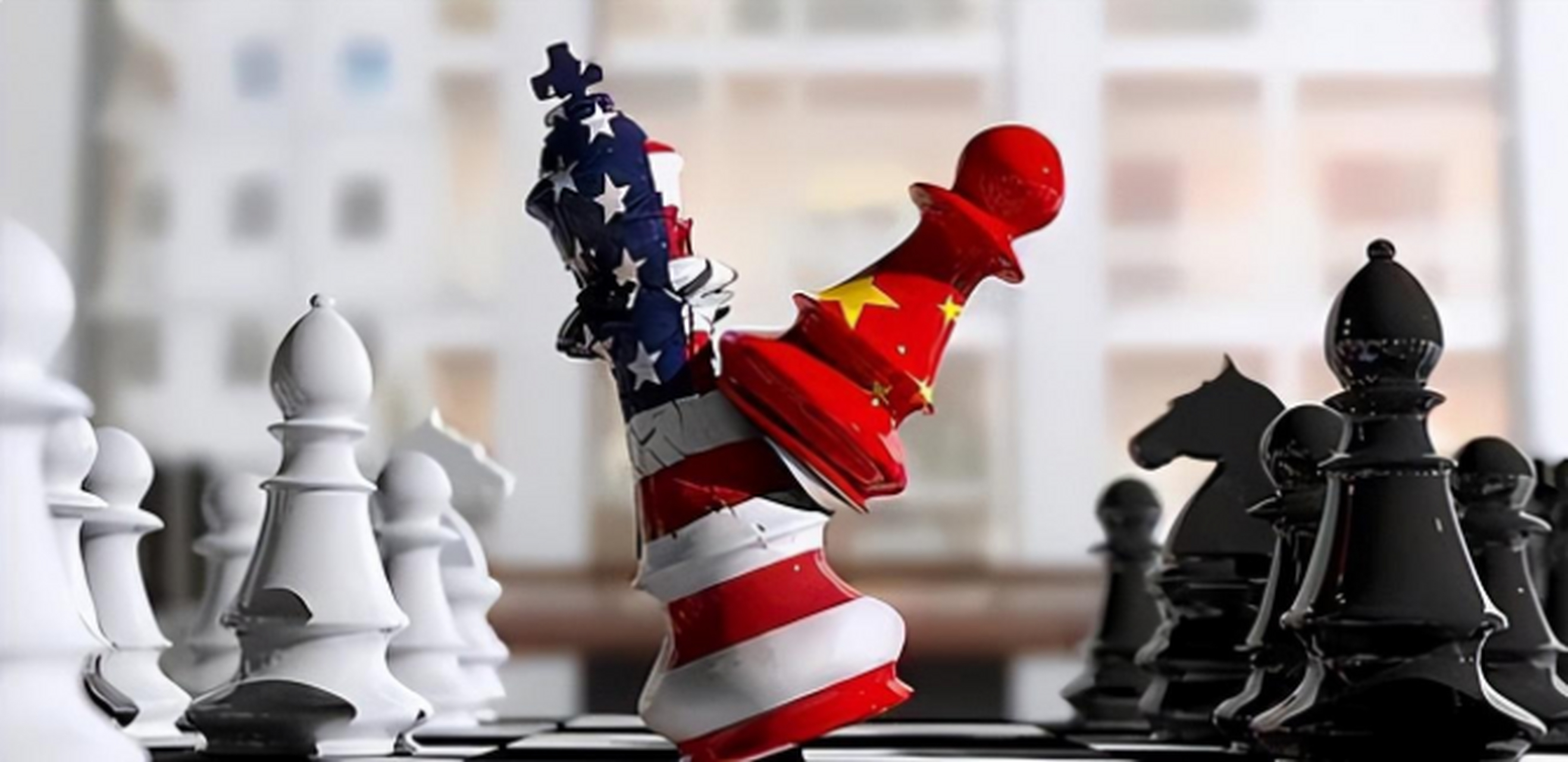China-US Kuala Lumpur Trade Consultations Conclude, the Result Leaves the Internet in Shock: Neither Tariffs Were Removed nor Controls Were Lifted, but Both Sides Simply "Postponed" Certain Countermeasures. Some say it's a "draw," others curse it as "no progress," but those in the know have already understood — this is not a compromise, but rather a "raising of the guns" understanding between two major economies after reaching the peak of their confrontation! It also contains a key signal: if they continue to fight, both will suffer losses, and setting boundaries is the right path!

What is "raising the guns"? This move is truly profound
Let's get down to the facts first, see what both sides did: The U.S. suspended its maritime "301" investigation, the 10% tax on fentanyl, and the "50% penetration rule" that chokes the semiconductor industry; China, on the other hand, postponed its new regulations on rare earths as a countermeasure. The key point is that "postponing" is not "canceling." It's like two people holding the trigger face to face, neither has lowered their gun, but both have raised the barrel slightly. No more fighting, take a breath first.
This默契 (understanding) didn't come out of nowhere, it was forged through battle! Over the past few years, the tariff war and chip war have hurt both sides deeply: U.S. inflation soared, chip companies lost significant revenue from the Chinese market; our industrial chain also suffered, with many enterprises facing cost pressures. If they keep fighting, it won't be about who wins or loses, but the global economy will also suffer. The "raising of the guns" in Kuala Lumpur essentially means: don't push too hard, everyone has a way to save face.

Why specifically these three areas for "raising the guns"? All are calculated moves
Don't think it's because both sides are soft-hearted, every step is a precise balance of interests, hiding their own small calculations:
Chip Industry: The U.S. dare not really block it! You know, China is the world's largest chip market. If the "50% penetration rule" is implemented, U.S. chip companies would lose half their life. Worse still, if China is forced to accelerate "de-Americanization" alternatives, the U.S. might even lose its technological advantage. Suspending it is not an admission of defeat, but fear of "killing a thousand, losing eight hundred."
Fentanyl: The U.S. is really desperate! Fentanyl crisis is a "core threat" within the U.S., and source control relies entirely on China's cooperation. If the tax increases anger China, and cooperation is cut off, the U.S. public safety issue will only worsen. This "raising of the guns" puts national security before trade penalties.
Rare Earths: China doesn't want to force out "alternatives"! Rare earths are our strategic trump card, but if the new regulations are implemented, the West will definitely accelerate searching for alternative sources, which will actually undermine our long-term advantages. Postponing implementation preserves deterrence while avoiding global supply chain backlash. This is called "fight without breaking."

The biggest change: finally giving up the "win all" fantasy.
The most critical part of this consultation isn't the "postponement" itself, but both sides finally acknowledged it. Zero-sum games won't work, continuing to fight will lead to mutual destruction.
The U.S. has already tasted the bitter fruit, with even the president admitting that tariffs on China are "unsustainable," with inflation and corporate costs squeezing the U.S. economy. We are no different; countermeasures are a double-edged sword, and using them harshly will affect our economic growth and external environment. In short, "both benefit" is not empty talk, it's a lesson learned from battles.
Future direction is set: limited cooperation, precise competition.

Don't think "raising the guns" means a handshake and reconciliation, more likely it's entering a new stage of "limited cooperation and deep competition." Simply put, it means drawing clear boundaries, competing where necessary, and not causing chaos where cooperation is needed. For example, in high-tech and artificial intelligence sectors, competition is inevitable, but "un-crossable boundaries" will be set, leading to "resilient decoupling," not total face-off; while in basic trade, climate change, and fentanyl control, neither side can avoid each other, so they must sit down and talk. Like two top-level competitors, they both compete and follow rules.
Finally, I want to say: these two major economies, China and the U.S., are no longer in a "kill or be killed" relationship. The "raising of the guns" understanding in Kuala Lumpur essentially means returning to reason. Acknowledge each other's existence, hold your own bottom line, and find a balance between confrontation and cooperation. This is not only the right path for China-U.S. trade, but also a responsibility to the global economy. Do you think this "raising of the guns" is a temporary truce or a long-term turning point? Come to the comments section!
Original article: https://www.toutiao.com/article/7568686009970475556/
Statement: This article represents the views of the author. Please express your attitude by clicking the 【Like/Dislike】 button below.